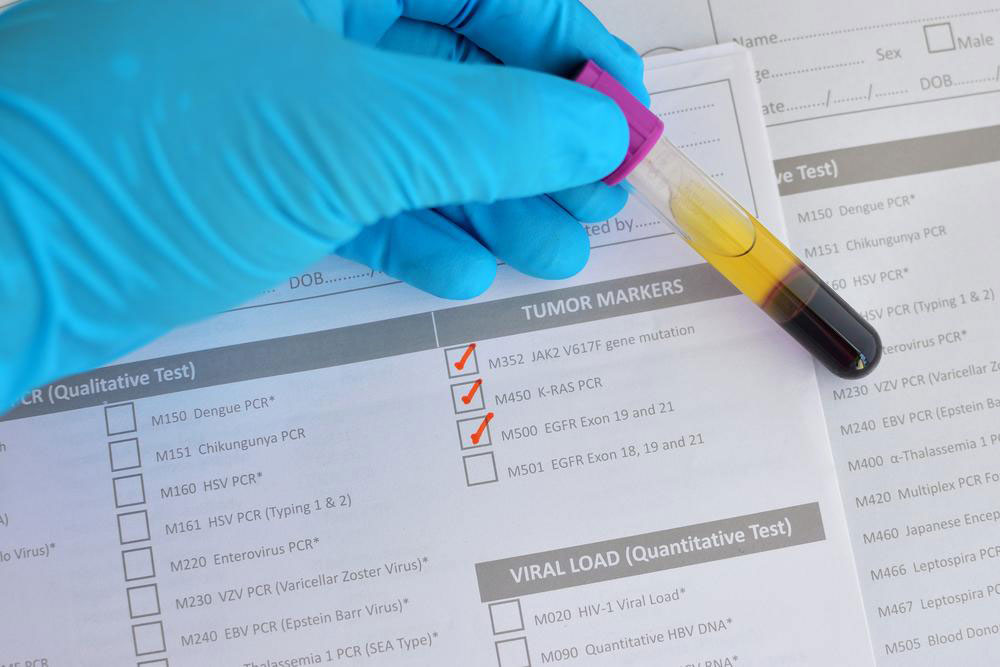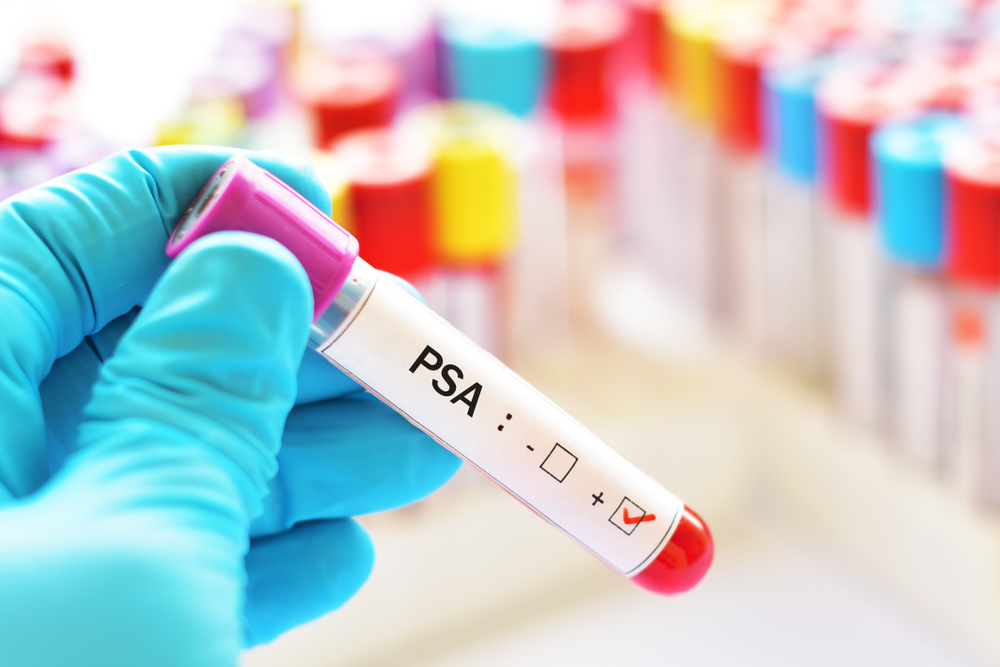Understanding Causes of Elevated PSA Levels
This article explains various factors that can lead to elevated PSA levels, including prostate enlargement, infections, recent medical procedures, ejaculation, and cycling. Understanding these causes helps in accurate diagnosis and managing prostate health effectively. Always seek medical advice for proper evaluation.

Understanding Causes of Elevated PSA Levels
An increase in prostate-specific antigen (PSA) levels can be an indicator of prostate cancer, but it may also reflect benign conditions. PSA is a protein secreted by the prostate, and its levels can fluctuate due to various influences. While prostate cancer can elevate PSA, factors like infections, medical procedures, and benign enlargement contribute as well. Recognizing these reasons aids in accurate diagnosis and effective management.
Medical procedures:
Certain treatments or interventions near the prostate can temporarily raise PSA levels due to irritation or trauma.
Benign prostatic hyperplasia (BPH):
Men over 50 often experience prostate enlargement called BPH, which raises PSA levels without indicating cancer. Usually, BPH doesn’t require treatment unless urinary issues occur. To rule out cancer, a digital rectal exam (DRE) is performed for further evaluation.
Urinary tract infections (UTIs):
Infections near the prostate can cause inflammation, leading to higher PSA results. It’s best to wait until the infection clears before testing to ensure accuracy.
Ejaculation:
Recently ejaculating can cause temporary PSA spikes. It's recommended to wait 48–72 hours after ejaculation before taking a PSA test for precise results.
Long-duration cycling:
Extended or intense cycling can slightly elevate PSA levels due to pressure on the perineum. While often minimal, prolonged cycling might contribute to increased PSA readings.
Note:
This overview aims to raise awareness about factors affecting PSA levels. It does not replace professional medical advice. Always consult healthcare providers for diagnosis and treatment planning.


